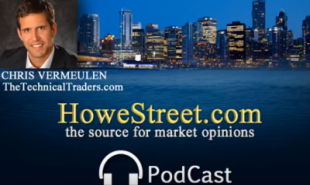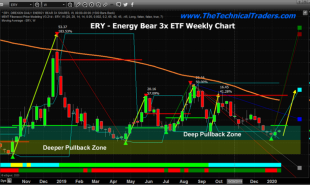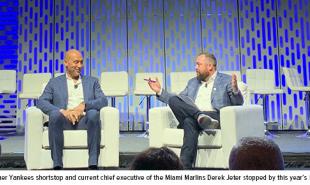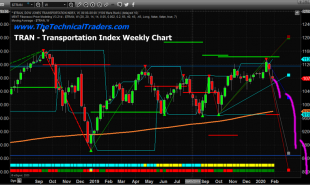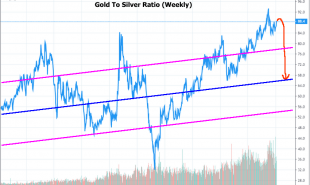
Morgan Stanley vs. Vanguard.
from Money Stuff by Matt Levine
Morgan Stanley runs investing stores across the country, and if you walk into their investing stores you will see investments on the shelves. You'll browse around, pick out some investments that you like, maybe ask a sales associate for some help recommending an investment that will look good on you. Once you have filled your basket with investments, you will take them to the check-out counter, pay for them, and take them out to your car. It is all a very normal commercial transaction.
But you might look around and wonder: How did Morgan Stanley decide to put these investments, and not others, on the shelves? Of course you could ask that about any store. One part of the answer is, always, customer demand: The store wants to offer products that its customers want to buy, because that is how it makes money. Another slightly different answer is, often, customer service: The store wants to offer products that will be good for its customers, even if they don't know that they want them, because over time the way to build loyalty is by selling customers things that they end up liking. And another part of the answer is, pretty much always, economics: The store wants to offer products with high margins -- products that it can stock cheaply and sell expensively -- because it is a business, and the more money it makes the happier it is. And so a big store might negotiate discounts or promotional money from suppliers -- that is, try to get paid to stock one brand's products rather than another's -- because that is a way to make money too.
These basic mechanisms explain how stores work, and stores are basically good. They mostly sell you stuff that you want, at markups that aren't too exorbitant, because otherwise they would go out of business. At the same time, they are commercial entities, and they are generally not offering you those products out of love for you, or even out of disinterested aesthetic appreciation for those products. They're offering you the products to make money, and they make careful commercial tradeoffs about building long-term customer loyalty versus selling the products that make them the most money now.
Morgan Stanley is slamming the door on selling Vanguard Group mutual funds, the latest attempt by a big brokerage firm to retaliate against the low-cost fund giant for refusing to pay for access to its salesforce.
As of Monday, May 8, the world’s biggest brokerage firm as measured by its 15,800 brokers will not permit them to sell new mutual funds managed by the world’s fastest-growing asset manager to clients, a company spokeswoman confirmed.
"Brokers and consultants said that Morgan Stanley is almost certainly retaliating against Vanguard because of the Valley Forge, Pennsylvania-based firm’s longstanding refusal to pay for brokerage firm 'shelf space' as part of its crusade to keep expenses for investors low," though it is "part of a broader move by Morgan Stanley to cut its mutual fund menu by 25% in order to enhance research and due diligence on its investment products."
That strikes me as fine! If you enjoy buying Vanguard investments, you will probably want to take your business elsewhere, but fortunately there are lots of investing stores that sell Vanguard products. (Or you could just shop online. That's what I do, for investments and everything else that I buy; a lot of my money is in Vanguard funds, but it would never have occurred to me to walk into a retail broker's office to buy them.) But if you otherwise like the ambience and customer experience of Morgan Stanley's investing stores, then perhaps you won't mind this change in the product mix, and will be content to buy some other brand of mutual fund.
I mean, look, I get that people think that retail brokers should all be fiduciaries! It is a sensible expectation, really. Financial products are complicated and important, and consumers have a tough time comparing them. (And the brokers themselves tend to hold themselves out as trusted advisers, though, to be fair, so do car salespeople.) The ideal retail financial adviser would tell her client to do exactly what is right for him, whether that is to buy a high-cost in-house mutual fund, or to buy a cheap Vanguard mutual fund, or to put his money in a bank account or a small business or a house or lottery tickets. But actual retail brokers work at investing stores that sell investments, and their job is to sell the investments that they sell, not to search the entire universe of financial assets for the perfect fit for their clients. (Plus it is hard to know ex ante what the exact right investment is!) If you walk into the investing store knowing that it works like a store, this won't surprise you too much. If you expect something else, you may be disappointed.
If you'd like to get Money Stuff in handy email form, right in your inbox, please subscribe at this link. Thanks!
Read more by Soren K.Group



